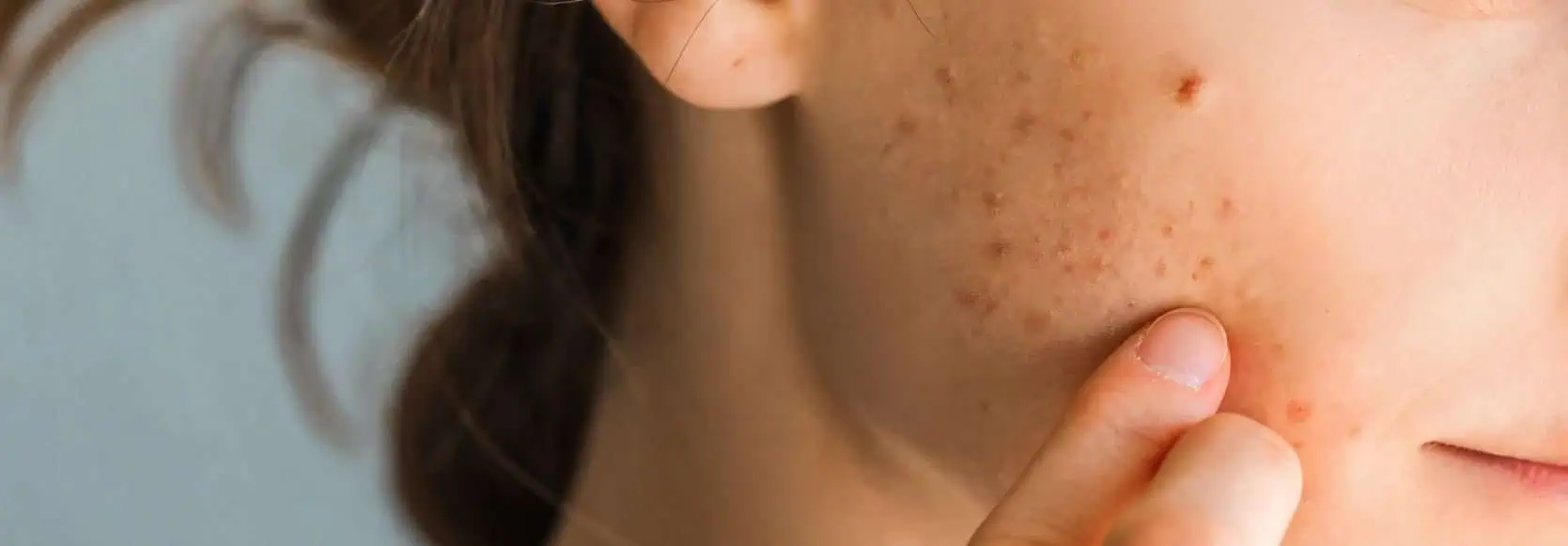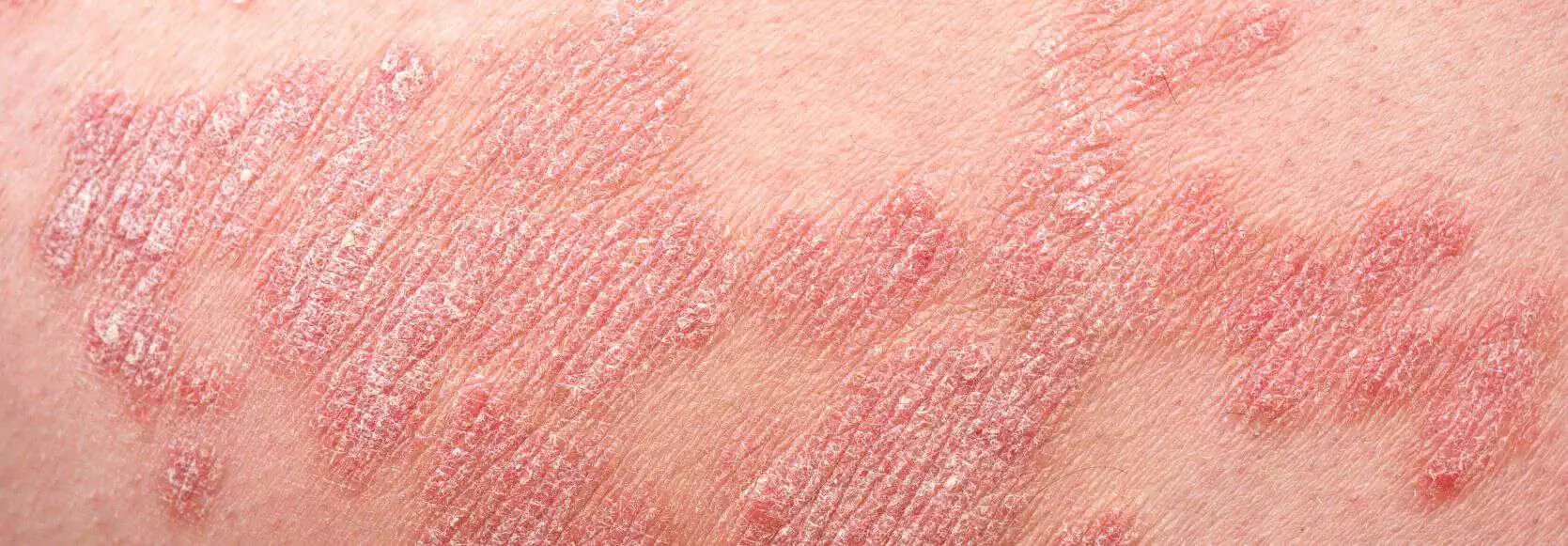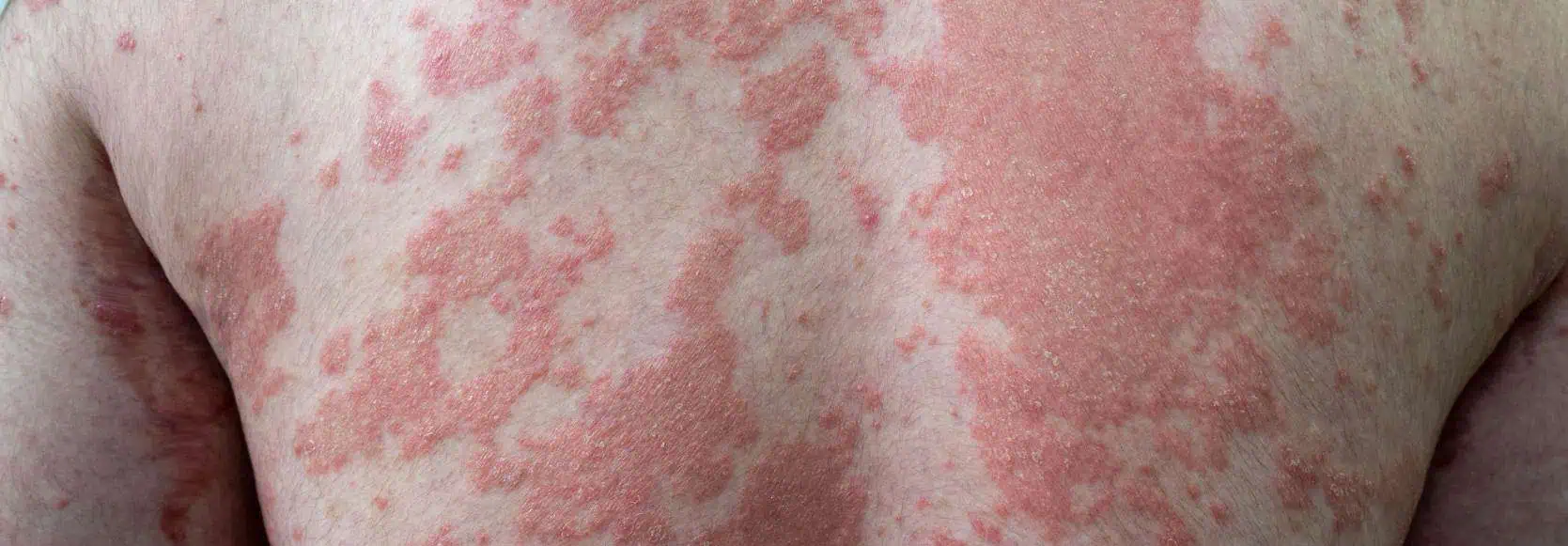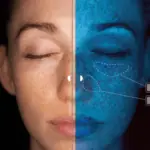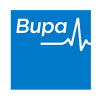Unveiling Acne
What Exactly is Acne?
Contrary to common belief, acne affects people of all age groups, not just teenagers. It occurs when hair follicles are clogged with oil and dead skin cells, which leads to inflammation and results in pimples, blackheads and cysts. Understanding the various forms of acne and clearing up common misconceptions is crucial for effective handling of the condition.
Diverse Forms of Acne
- Comedonal Acne: Characterised by blackheads and whiteheads. Inflammatory Acne: Includes red and swollen papules and pustules.
- Cystic Acne: Severe type that results in painful, pus-filled cysts under the skin’s surface.
- Nodular Acne: Hard bumps beneath the skin, often more painful and severe.
Common Misconceptions
- Acne results from poor hygiene: Despite the importance of cleanliness, acne is generally influenced by genetic and hormonal factors.
- Acne affects only teenagers: Adult acne is common, particularly amongst women, due to hormonal changes.
- Diet has no role in acne: Certain foods can worsen acne in some individuals.
Causes of Acne
Acne is a multifaceted condition affected by a variety of factors such as genetics, hormonal changes and lifestyle choices. Understanding these triggers can greatly help in controlling and preventing acne.
Genetic Components
Genetics play a major role in determining an individual’s likelihood of developing acne. If acne runs in your family, you’re more likely to encounter it.
Hormonal Imbalances
Hormonal changes, especially during puberty, menstruation, pregnancy and menopause, can trigger or worsen acne. Androgens, a type of hormone, increase sebum production, leading to clogged pores.
Lifestyle Influences
- Dietary Choices: High-glycaemic foods, dairy, and certain dietary practices can spark acne flare-ups.
- Stress Levels: Stress triggers the release of hormones that can exacerbate acne.
- Skincare Practices: Over-cleaning, harsh products or insufficient cleansing can worsen acne.
Acne Treatments
How to Treat Acne?
Effective acne treatment requires a comprehensive approach, beginning with recognising the severity of the condition and selecting appropriate remedies. Numerous treatment options address different types and stages of acne, from over the counter solutions to advanced medical procedures.
Basic Treatments
- Topical Retinoids: Topical retinoids help unclog pores and decrease inflammation. Derived from vitamin A, they are efficient in addressing several main contributors to acne.
- Benzoyl Peroxide: This powerful remedy destroys acne-causing bacteria and reduces oil production. It penetrates pores to release oxygen, eliminating Propionibacterium acnes bacteria and preventing new flare-ups.
- Salicylic Acid: It helps exfoliate the skin and keep pores clean. Its oil-soluble nature lets it penetrate deep into the pores, effectively removing excess sebum and dead skin cells that can block pores and trigger acne.
Prescription Treatments
- Oral Antibiotics: They reduce inflammation and bacterial growth. By decreasing these bacteria, oral antibiotics help alleviate inflammation and infection associated with acne lesions.
- Hormone Regulation: In females, contraceptive pills can balance hormonal fluctuations, reducing the production of androgens that stimulate the sebaceous glands to produce excess oil.
- Topical Antibiotics: They target bacteria on the skin’s surface responsible for causing inflammation and infection in acne lesions, decreasing acne severity and preventing new breakouts.
Advanced Acne Therapies
For severe or stubborn acne, advanced treatments may be required. Our range of acne treatments includes:
- Chemical Peels: They exfoliate the skin and minimise scarring, improving skin texture, unclogging pores and reducing inflammation.
- Bespoke Prescriptive Facials: Tailored to specific acne concerns, these facials incorporate various therapeutic techniques and ingredients to cleanse, exfoliate and treat acne-prone skin.
- Phototherapy: This procedure uses specific wavelengths of light to decrease inflammation and destroy acne-causing bacteria.
- Laser Treatment: Laser therapy targets the deeper layers of the skin to alleviate acne and scarring, promoting collagen production for improved skin texture.
- Fractional Laser Resurfacing: This advanced laser treatment triggers the skin’s natural healing process and collagen production, improving skin texture and reducing visibility of scars.
- N-Lite Laser: This non-invasive laser treatment enhances collagen production and reduces acne bacteria, improving overall skin appearance.
Creating a Skincare Regimen
Developing an effective skincare routine is critical for managing and preventing acne. Here’s how to create a routine that fits your skin’s needs:
- Cleanse: Use a gentle cleanser to remove dirt, oil and makeup without drying the skin.
- Treat: Apply targeted therapies like retinoids or benzoyl peroxide.
- Moisturise: Use a non-comedogenic moisturiser to keep the skin hydrated.
- Protect: Use sunscreen daily to shield against UV damage.
Managing Acne through Lifestyle
- Diet: Implement a balanced diet enriched with fruits, vegetables and omega-3 fatty acids. Limit high-glycaemic foods and excessive dairy intake.
- Stress Management: Incorporate stress-relief techniques like yoga, meditation and sufficient rest.
- Hygiene Habits: Avoid touching your face, change pillowcases regularly and cleanse after sweating.
The Importance of Professional Advice
Although over the counter treatments and lifestyle changes can help manage acne, seeking professional guidance from a dermatologist is invaluable. Dermatologists can provide personalised treatment plans, recommend suitable products and offer advanced treatments not available over the counter.
Benefits of Professional Treatment
- Precise Diagnosis: A dermatologist can accurately identify the type and severity of acne.
- Personalised Therapies: Receive treatments specifically tailored for your skin type and condition.
- Ongoing Support: Regular consultations ensure your treatment plan remains effective.


